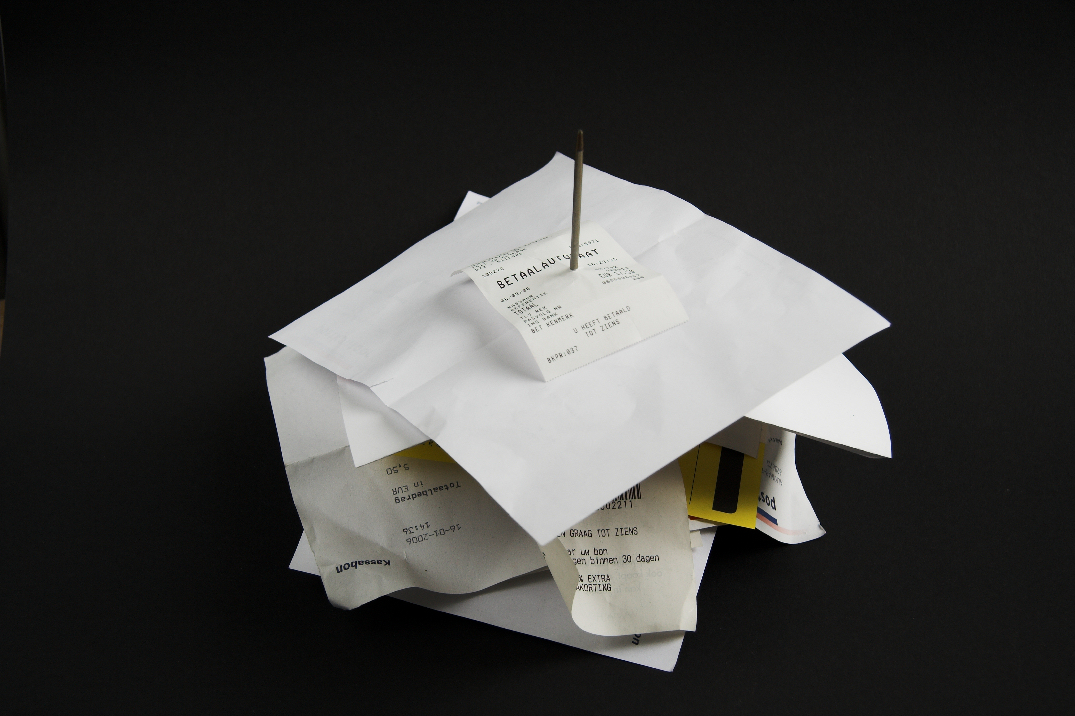If you’re like most Americans receiving SSDI benefits, then these benefits can account for a sizable portion of your household income. You probably count down the days until your next deposit, and when the funds finally make their way into your bank account, you promptly use them to pay important bills (such as rent and electricity). These SSD benefits are an essential part of your life. Unfortunately, once a bill collector discovers that you receive SSD benefits, that collector may threaten to garnish the funds. Can they really do this? The answer is, it depends.
What is garnishment?
Before discussing whether a bill collector can garnish your Social Security Disability benefits, you should clearly understand what the term means and how someone else can use it to take your money without your consent.
A garnishment is a legal action by a creditor (for instance, your bill collector) to collect on a particular debt. It usually requires a court order signed by a judge, though this is not always required. In any case, once a garnishment is granted, it permits the creditor to take a portion of your paycheck and/or transfer money out of your bank account—all without your permission.
When may a bill collector garnish your SSD benefits?
A bill collector can legally garnish your Social Security Disability benefits for a number of reasons.
Do you owe the government money? Maybe you forgot to pay your taxes last year. Or you’ve fallen a few months behind on your federal student loan payments. If you owe the government money, then your SSDI benefits can be garnished to pay these debts. Similarly, if you owe a debt for child support, a bill collector can also garnish your SSDI benefits to pay those debts.
Do you receive your Social Security benefits by check? If so, then those funds may also be at risk. This is because, while banks are generally required to automatically protect two months’ worth of benefits from garnishment (more on that below), these automatic protections are only available if your SSDI benefits are directly deposited into your account. Because you receive your SSDI benefits by check, your entire bank account balance may be frozen until you can prove to the court that the funds are exempt from garnishment.
When is a bill collector prohibited from garnishing your SSD benefits?
Fortunately, there are certain limitations on what a bill collector may garnish from your bank account. Your Social Security Disability benefits are included within this list of limitations. You’ll need to take certain steps to maximize your protection, though. Here are some general guidelines to keep in mind:
Set up a direct deposit. Your federal benefits should be directly deposited into your bank account in order to be protected from garnishment.
Think about your savings. Banks are only required to protect two months’ worth of benefits. So if you receive $1,000 in Social Security Disability benefits each month, federal law requires the bank to automatically protect up to $2,000 from garnishment. But what if you also had an extra $200 in your account, which you were saving for the holidays? Unfortunately, that extra money can be garnished or frozen—leaving it up to you to go to court to prove whether the extra money is exempt from garnishment.
Tell everyone about your benefits. The bill collector should notify you before garnishing any money in your bank account. As soon as you learn about the garnishment, make sure everyone involved knows about your Social Security Disability benefits. This means immediately sending a written notice to the bill collector, your bank, and the judge ordering the garnishment.
Watch our video to learn more:
Know when to ask for help.
Consider contacting an attorney as soon as possible if you are facing garnishment or if a bill collector is threatening to garnish your federal benefits. A knowledgeable and experienced lawyer, such as the team at the Good Law Group, can help protect your SSDI benefits from garnishment.
Contact the Good Law Group today for a complimentary case evaluation. You can also speak with a member of the team over the phone by calling (847) 577-4476 .









